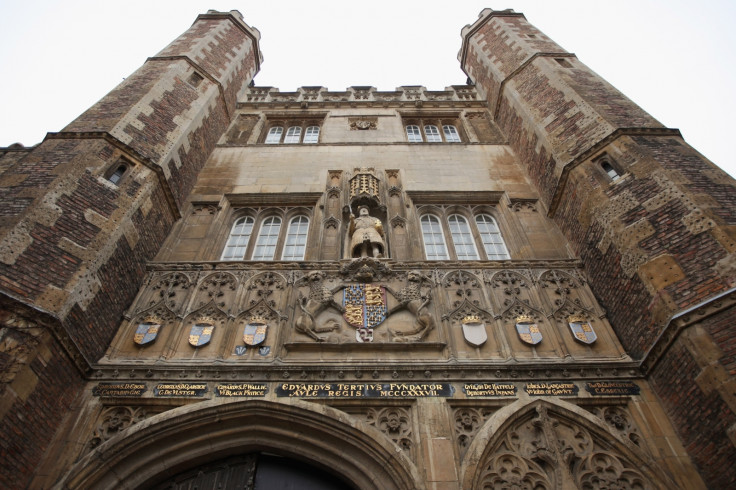Final-year university exams could be cancelled if academics escalate their strikes

KEY POINTS
- Lecturers are angry over changes to staff pensions.
- Half a million teaching hours will be lost.
- Strikes may last over five months into the summer.
Final-year exams at some of the top British universities could be cancelled due to what has been described as the worst industrial action in recent academic history.
Lecturers at 64 institutions including Oxford, Cambridge and Durham will down tools on Thursday (22 February) and Friday in the first of 14 days of strikes that run until 16 March, affecting around one million students.
Staff are unhappy with proposed changes to pensions that could see them lose up to half of their retirement income. It comes amid simmering tensions over the pay of some university vice-chancellors who are trying to push through the changes.
Sally Hunt, general secretary of the University and College Union (UCU), said more strikes were being planned for April, May and June and that final-year exams could be cancelled.
"Our mandate from members for strikes runs until July. On March 2 we will meet to finalise further plans, which will include strike action during the period students will be taking their exams.
"Some universities have said they will dumb down degrees and remove questions from exams. If this dispute continues those exams will not be taking place. This needs to be resolved."
Nick Hillman, director of the Higher Education Policy Institute told the Times: "We have never had industrial action on this scale in the new funding regime, where students are considered to be consumers and consumer law applies.
"A university that, for example, is forced to cancel final exams and awards degrees on the basis of other work could be challenged by students who excel at exams if they fail to get a good degree. Universities are very vulnerable. They will end up erring on the side of generosity."
Universities UK, which represents vice-chancellors, said change to the pension regime was essential.
"The university superannuation scheme has a deficit of £6.1bn and the cost of future pensions benefits has increased by one third since 2014. To maintain current benefits, overall contributions would have to increase by approximately £1bn every year."
It comes as Theresa May began a review into tuition fees after saying that with almost every degree costing £9,250 a year, fees did not relate to the cost or quality of the course.






